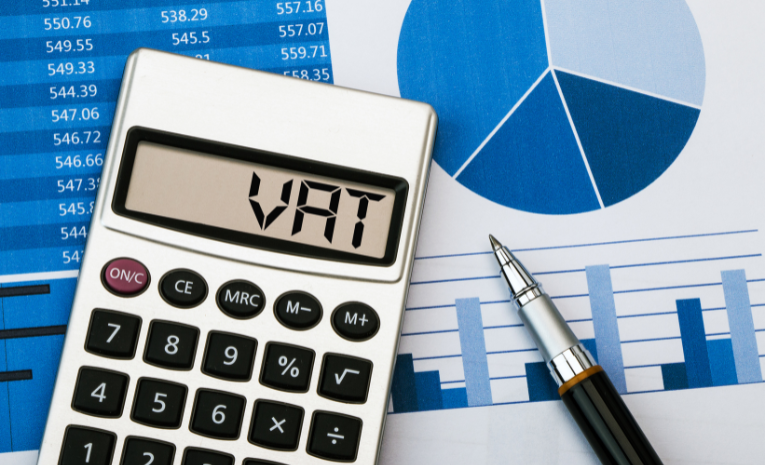When buying or selling property, there are various costs to consider, including the often-overlooked Value Added Tax (VAT). Understanding how VAT applies to conveyancing services is crucial for both buyers and sellers to ensure accurate financial planning. In this article, we provide essential insights into conveyancing VAT, particularly for clients of Somnium Legal, with offices in Orihuela and Orihuela Costa, helping clients navigate the complexities of property transactions.
What is Conveyancing VAT?
Conveyancing VAT is the Value Added Tax charged on the legal services provided by conveyancers during a property transaction. In many countries, including Spain, legal services are typically subject to VAT, which is an additional cost on top of the conveyancer’s professional fees.
In Spain, the standard VAT rate is currently 21%, which is added to the cost of conveyancing services. However, it’s important to confirm the applicable VAT rate for your specific transaction, as some services may qualify for reduced rates or exemptions depending on the circumstances.
How Does VAT Apply to Conveyancing Fees?
When you hire a conveyancing solicitor, you will be billed for their professional services, which include tasks such as drafting contracts, performing property searches, and managing the legal transfer of ownership. VAT is typically added to the final bill for these services. For example, if the conveyancing fee is €1,000, and VAT is 21%, the total payable amount would be €1,210.
It’s important to note that VAT is not included in the purchase price of the property itself but is solely related to the conveyancer’s fees and other legal services.
Disbursements and VAT
Disbursements are costs that the conveyancer pays on behalf of the client during the property transaction, such as land registry fees or local authority searches. Whether VAT applies to disbursements depends on the specific expense:
- Search Fees: In most cases, VAT is not applied to fees for property searches, as these are often charged by third-party organizations that are exempt from VAT.
- Land Registry Fees: Typically, land registry fees do not attract VAT either, but it is essential to verify this with your conveyancer.
- Other Disbursements: Conveyancers may charge VAT on certain disbursements, especially if they involve administrative tasks carried out by the conveyancer themselves.
At Somnium Legal, we provide a detailed breakdown of all fees, including any VAT charges, so that our clients in Orihuela and Orihuela Costa have a clear understanding of their financial obligations.
VAT on Commercial vs. Residential Property Conveyancing
The application of VAT can vary depending on whether the transaction involves a residential or commercial property:
-
Residential Properties: In most cases, the sale or purchase of residential property is exempt from VAT. However, VAT will still apply to the legal services provided during the transaction.
-
Commercial Properties: VAT is more likely to be applied to the sale of commercial properties, depending on specific conditions, such as whether the property is opted for VAT by the seller. In these cases, VAT is charged on both the property itself and the conveyancing services.
Why Understanding VAT is Important for Conveyancing
Knowing how VAT applies to conveyancing services ensures that you are not caught off-guard by unexpected charges. Properly budgeting for VAT on legal fees can help you avoid shortfalls in funds during a property transaction. For businesses, understanding VAT can also impact tax planning and financial reporting, especially if VAT is recoverable on commercial property purchases.
How Somnium Legal Helps with VAT in Conveyancing
At Somnium Legal, we take the complexity out of conveyancing by providing our clients with a comprehensive overview of all costs involved, including VAT. With our offices in Orihuela and Orihuela Costa, we serve local and international clients, ensuring transparency in all financial aspects of property transactions. Our team of legal experts will clarify whether VAT applies to your transaction and guide you through the process smoothly.
Conclusion
VAT is a significant consideration in conveyancing, and understanding how it applies to your legal services can help you plan better financially. Whether you’re buying or selling property in Orihuela or Orihuela Costa, Somnium Legal is here to provide transparent, professional advice on all aspects of your property transaction, including VAT. Let us handle the details so you can focus on your new property with confidence.










